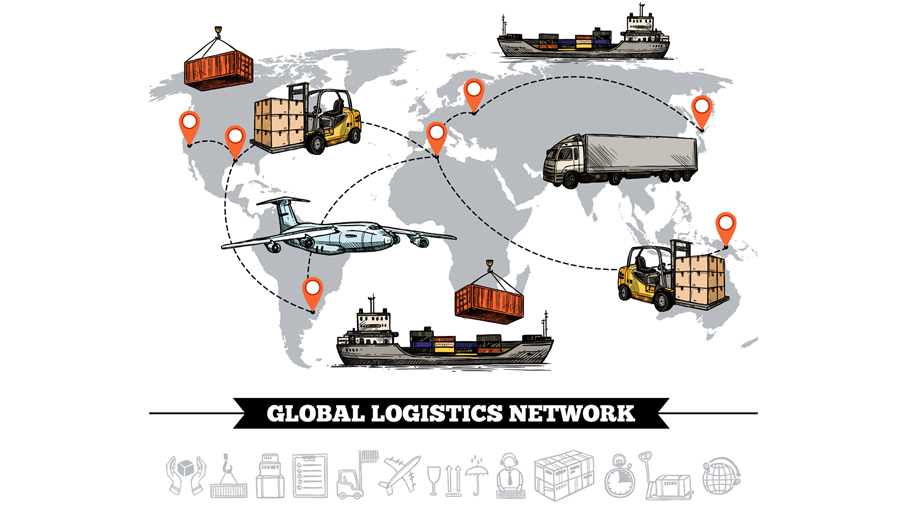This article covers the trends in the coming years which may affect the future of global supply chain management.
External Changes
The external forces, including changing customer requirements, government regulations, technological advancements, and emphasis on supply chain securities, will encourage the supply managers to look more with what’s happening with the customers downstream. It is to be noted that technology advancements like 3-D printing and real-time IT tools may be influencing supply chain professionals.
Business Decisions
Nowadays, business organizations are becoming more customer-oriented as the external forces are demanding a shift towards meeting customer requirements. As these business decisions influence other organizations at a faster pace, global supply chain management degree is the new trend floating among students. The global supply chain management degree can help the supply chain managers to create positive influences, fair labour practices and strong environmental standards to lead the extraordinary supply networks. Nonetheless, the global supply chain management degree also highlights a potential opportunity for supply chain professionals as they play an essential role across the organization. These are the best qualified to play critical roles in integrating different divisions and strategies within organizations.
Supply Chain Mission
Supply chain mission focuses on the future direction of the supply management function along with the traditional upstream activities associated with suppliers. The global supply chain management degree helps in achieving the supply mission of acquiring new value-adding technologies and innovations from supply markets which is the future of the global supply chain management.
Supply Strategies
Supply management strategies align with overall company goals. The importance of supply chain professionals and the focus of shifting from sharing market intelligence to forecast analytics is the new future of global supply chain management. To be competent in domestic and international markets, companies are revising not just their supply management strategies but also the organization’s strategy in compliance with the trends in the global supply chain.
Emerging Market Trends
The supply mission and strategies for each organization are re-designed with the changing market trends and external forces. The macro-level changes with the government regulations, technological advancements, customer requirements and supply chain securities issues are directly shaping the changes in the global supply chain management function by influencing micro-level supply chains.
Conclusion
The global supply chain management degree will help the supply chain professionals to design efficient models in the supply base within any organization. These professionals will proactively serve as the source and disseminator of knowledge by capturing and using supply-related knowledge in domestic as well as international markets.
The evolving role of supply chain professionals requires a proactive understanding of changes outside the traditional supply chain management function. We do believe an exciting future awaits for the professionals pursuing the global supply chain management degree and hope this article helps today’s supply managers prepare for what comes next.
IIM Supply Chain Management
To manage complex global supply chain trends in different domains around the world, IIM Udaipur launched the One-Year MBA in Global Supply Chain Management. To understand the logistics, production and processes involved in any business IIM supply chain management at Udaipur was introduced to develop the business leaders of tomorrow. The 12-months full-time MBA in supply chain management seeks professionals with an experience of more than three years. IIM supply chain management ensures professionals are well trained to pursue their careers with supply chain trends both in domestic and international markets.
